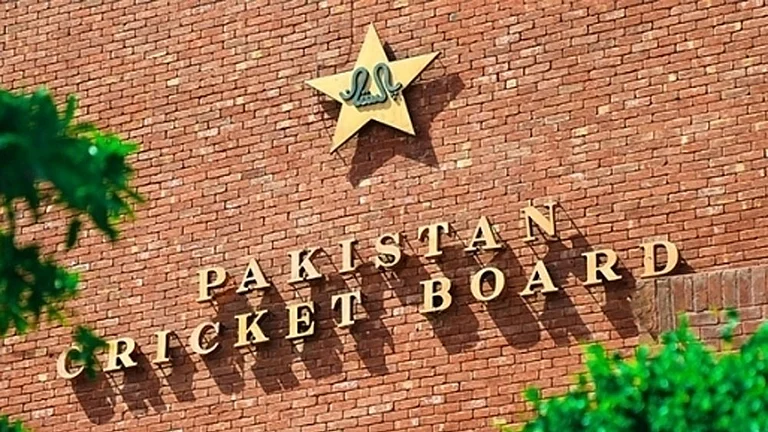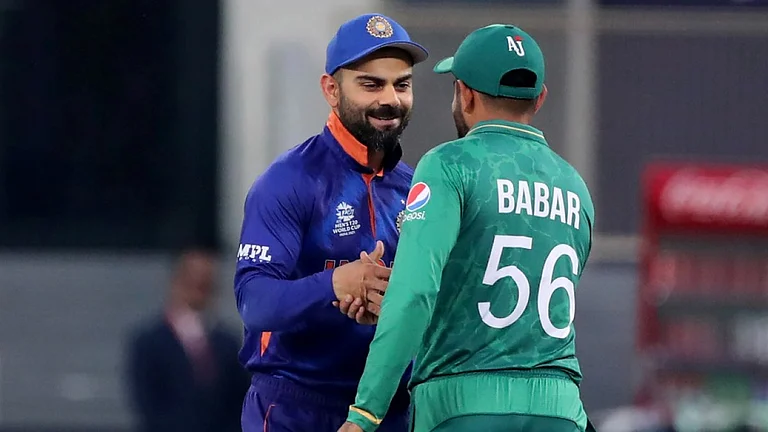McDonald’s said it would buy back all of its 225 franchised restaurants in Israel, weeks after warning that boycotts and protests over Israel’s war on Gaza had hurt its business in the Middle East.
The fast-food giant faced criticism when its franchises in Israel, managed by Alonyal Limited, were reported to have donated thousands of meals to Israeli soldiers. This move led to backlash, particularly from Muslim-majority countries such as Kuwait, Malaysia, and Pakistan, resulting in vocal protests and calls for boycotts worldwide.
A buyback is when a corporation purchases its own shares in the stock market. Therefore, McDonald's will repurchase its franchised restaurants in Israel from the current owner, Alonyal Limited.
Its CEO Chris Kempczinski had said in January the company has seen "meaningful impact" in several markets in the Middle East and some outside the region.
The boycott campaigns also affected other McDonald’s businesses globally, with franchises in France, Indonesia, and Malaysia experiencing repercussions. McDonald’s outlets in Jordan, Oman, Saudi Arabia, Turkey, and the United Arab Emirates distanced themselves from the Israeli franchise in response to the situation.
McDonald’s hopes that bringing the Israeli business back "in house" will help restore its reputation in the Middle East and meet its sales targets.
Similarly, Starbucks, another major Western fast-food chain, faced similar challenges due to perceived pro-Israeli stances and alleged financial ties to Israel.
CEO Laxman Narasimhan told journalists in February that Starbucks saw a “significant impact on traffic and sales” in the Middle East and also in the US, where protesters campaigned against the Seattle-based company, calling for it to take a stand against Israel.
Much of the Gaza Strip has been devastated with at least 33,091 Palestinians killed and 75,750 wounded in Israeli attacks since October 7. The death toll in Israel from Hamas’s October 7 attack stands at 1,139, with dozens still held captive.



























